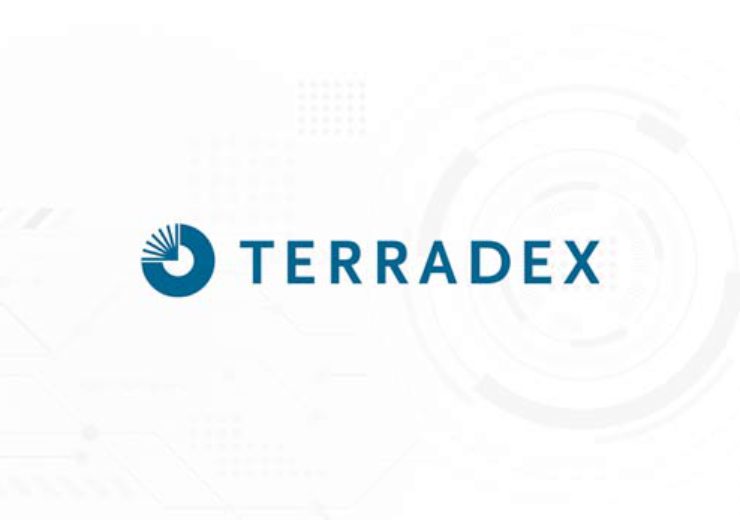We often think of Institutional Controls (ICs) as prohibiting certain uses – for example, prohibiting groundwater use, prohibiting daycare or school, etc. But often, and importantly, ICs help make sure that contaminated soil, when excavated, is managed properly and isn’t, for example, carried away for use as “clean fill.” For those who deal with ICs, soil management clauses like this one will look familiar. They often read:
No activities that will disturb the soil at or below the pavement in the restricted Areas (e.g., excavation, grading, removal, trenching, filling, earth movement, or mining) shall be allowed on the Property without a Soil Management Plan and a Health and Safety Plan. Managing contaminated soil can be just as or more important than other IC prohibitions yet, as our experience has shown us, without monitoring and appropriate care excavations can go forward (even with local permits) without the proper regard for IC soil management clauses.
There’s good reason for these soil management clauses. For those on Larry Schnapf’s Environmental Issues in BusinessTransaction LinkedIn list, you’ll recall a discussion about supposed “clean fill.” Supposed “clean fill” was actually contaminated, wreaking havoc as it was unwittingly carried away and brought to new construction areas. In yet another example of effective IC compliance management, Terradex LandWatch recently spotted a site grading permit that had been issued for planned grading at an IC site in California. The IC contained a soil management clause, but the permitted grading was set to go forward without any real knowledge of the contaminated soil and with no plans to manage it as such.
Consistent with expectation, Terradex sent out a LandWatch Alert, getting “the right information to the right people at the right time,” allowing the IC’s soil management clause to be known and adhered to. The Alert showed the grading permit number, allowing the LandWatch users to quickly see how the location and details of planned grading compared to the location and provisions of the IC, including its soil management clause. As the Alert warned, a conflict existed and with the Alert in hand the various parties avoided what could have been a problematic excavation. For years, Terradex has been developing the capability of participating in the excavation clearance system. This participation helped successfully intercept this unsafe land activity.
Of course, keeping people and the environment safe is the highest purpose served by Terradex LandWatch. But, it also helps avoid liability and conforms with the type of good practices suggested in the ASTM Continuing Obligation Guide. Landowners who allow excavations to ignore ICs probably would be held as not complying with ICs or not taking “appropriate care” or as “disposing” contaminated soil – all reasons that could, depending on the specifics, trigger liability concerns for the landowner or even other responsible parties, earlier in the chain of ownership. Managing contaminated soil can be just as or more important than other IC prohibitions yet, as our experience has shown us, without monitoring and appropriate care excavations can go forward (even with local permits) without the proper regard for IC soil management clauses.

